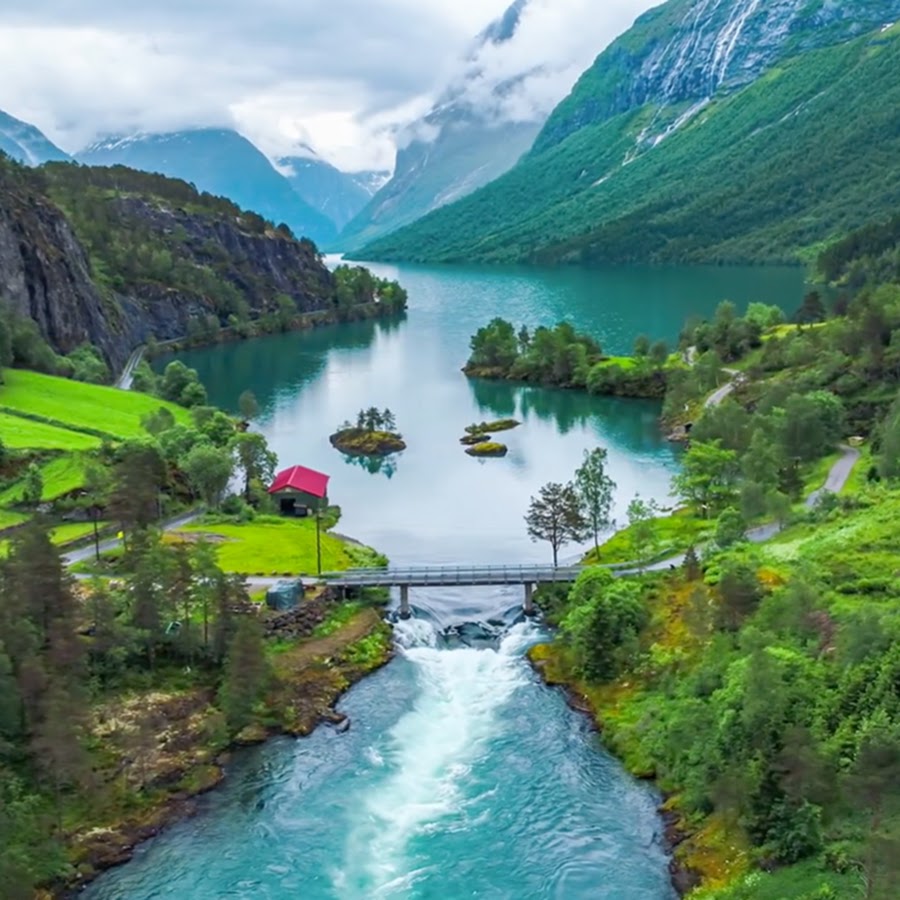Video Player is loading.
95
views •
September 29, 2022
North Korea Fires Missile After Harris Leaves South Korea

NTD News
0 Followed
PANMUNJOM, Korea—In a show of defiance, North Korea fired two short-range ballistic missiles into the sea on Thursday, hours after U.S. Vice President Kamala Harris flew home from a visit to South Korea during which she traveled to the Demilitarized Zone separating the two Koreas and emphasized the “ironclad” U.S. commitment to the security of its Asian allies.
It was the third round of missile launches by North Korea this week, extending a record pace in weapons testing as it accelerates a push to expand its arsenal and pressure Washington to accept it as a nuclear power.
South Korea’s Joint Chiefs of Staff said the missiles were fired nine minutes apart from an area just north of the capital, Pyongyang, and flew toward waters between the Korean Peninsula and Japan.
Japan’s military said it also detected the launches. North Korea fired two short-range ballistic missiles on Wednesday, while Harris was in Japan, and one before she left Washington on Sunday.
Harris earlier capped her four-day trip to Asia with a meeting with South Korean President Yoon Suk Yeol and a stop at the Demilitarized Zone, where she addressed the threat posed by the increasingly hostile North.
There are concerns that North Korea may soon conduct a nuclear test, which would move the country closer to being acknowledged as a full-fledged nuclear power.
Visiting the DMZ has become something of a ritual for American leaders hoping to show their resolve to stand firm against aggression.
At the DMZ, Harris went to the top of a ridge, near guard towers and security cameras. She looked through bulky binoculars as a South Korean officer pointed out military installations on the southern side. Then an American officer pointed out some of the defenses along the military demarcation line, including barbed-wire fences and claymore mines. He said American soldiers regularly walk patrols along a path.
“It’s so close,” Harris said.
Harris then visited one of a row of blue buildings that straddle the demarcation line, where an American officer explained how the buildings are still used to conduct negotiations with North Korea. Sometimes they pass messages back and forth and sometimes they use a megaphone, he said.
Harris then walked out of the building and up to the demarcation line. On the North Korean side, two figures dressed in what appeared to be hazmat suits peeked out from behind a curtain in a second-floor window. Then they disappeared back inside.
Harris described this week's missile launches as provocations meant to “destabilize the region" and said the United States and South Korea remain committed to the “complete denuclearization" of the North.
“I cannot state enough that commitment of the United States to the defense of the Republic of Korea is ironclad,” she said.
“In the South, we see a thriving democracy. In the North, we see a brutal dictatorship,” she said before flying out of the border on a U.S. military helicopter.
Earlier, Harris met with President Yoon at his office in Seoul and reaffirmed the U.S. commitment to defend the South with a full range of its military capabilities in the event of war, Yoon’s office said.
They expressed concern over North Korea’s threats of nuclear conflict and pledged an unspecified stronger response to major North Korean provocations, including a nuclear test.
Harris and Yoon were also expected to discuss expanding economic and technology partnerships and repairing recently strained ties between South Korea and Japan to strengthen their trilateral cooperation with Washington in the region. Their meeting also touched on Taiwan, with both reaffirming their countries’ support for “peace and stability” in the Taiwan Strait, according to Yoon’s office, which didn't elaborate.
Harris’ trip was organized so she could attend the state funeral of former Japanese Prime Minister Shinzo Abe, but her itinerary was dominated by security concerns, a reflection of fears about the Chinese regime's growing threats and North Korea’s ramped-up testing activity.
In every meeting, Harris tried to lay to rest any fea
Show All 
Comment 0











